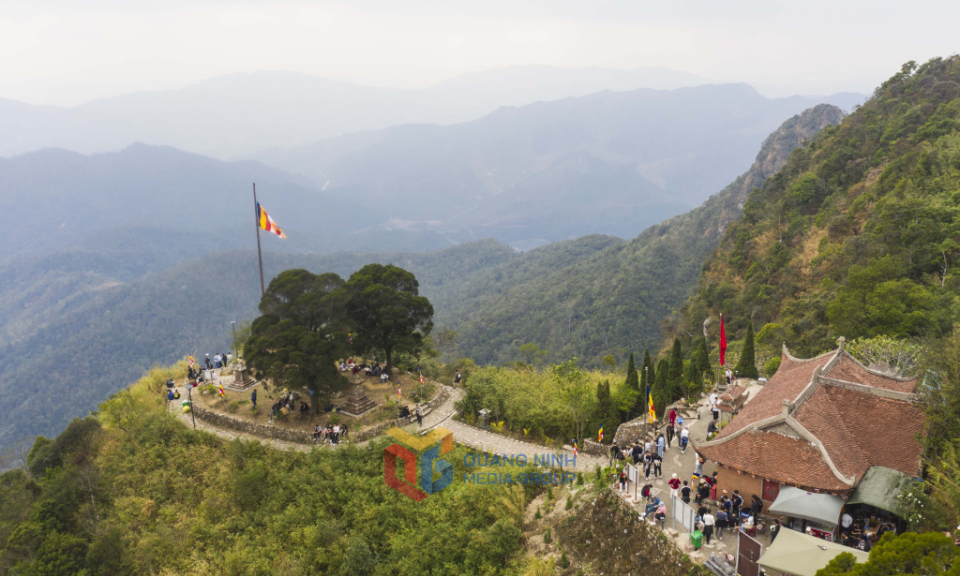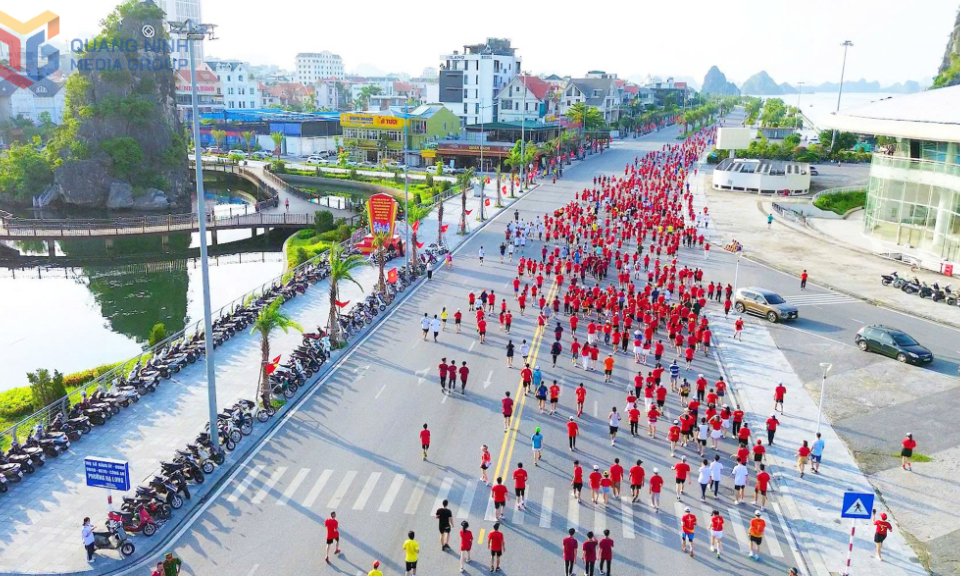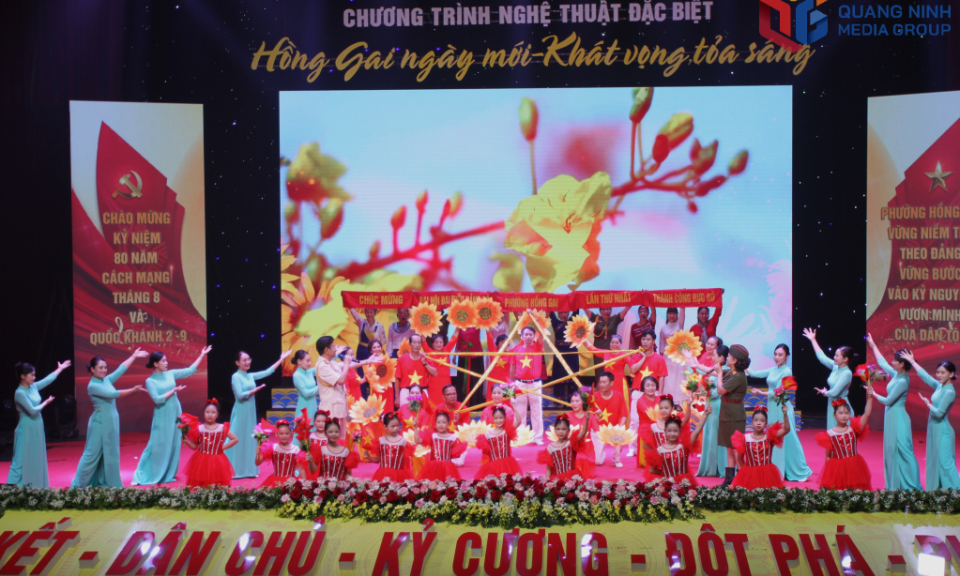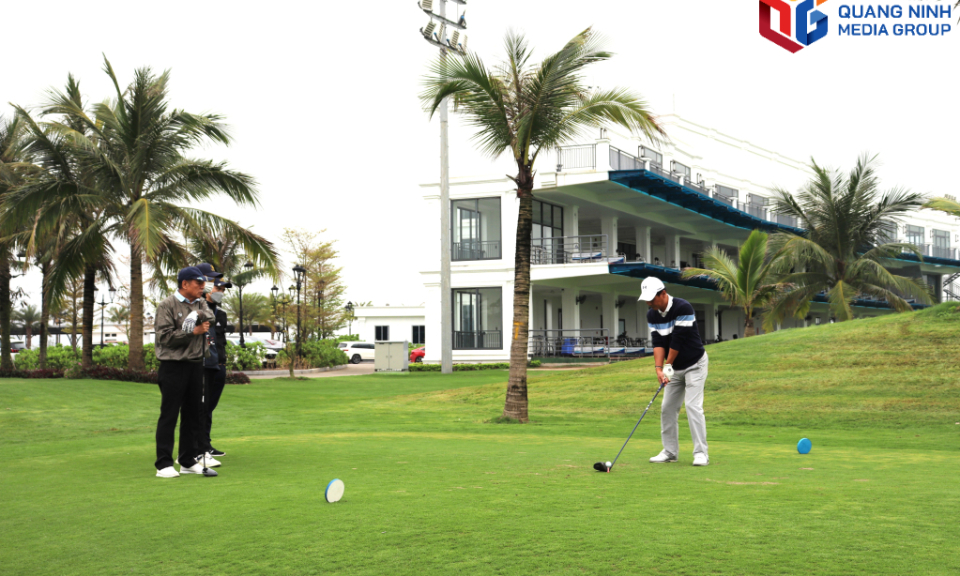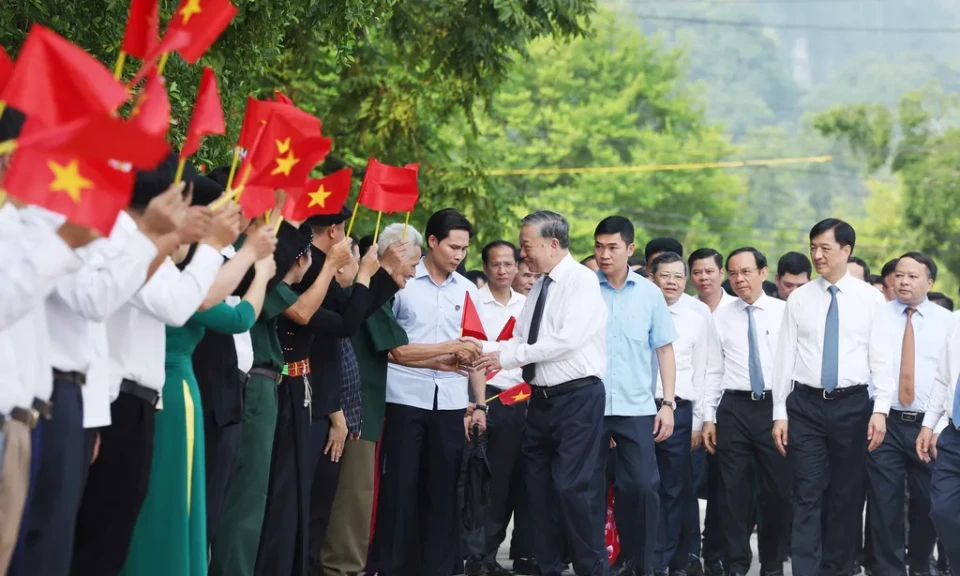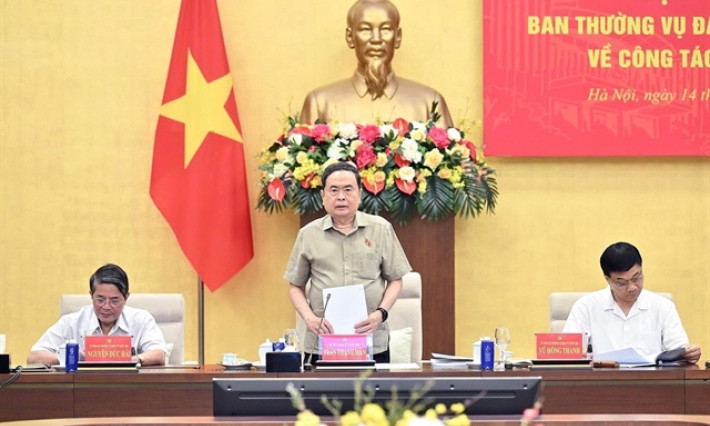Việt Nam pledges to ensure every individual’s right to have Vietnamese nationality
Nationality is the first basis for a person to enjoy civil rights and perform civic duties. Each country has its own regulations on nationality appropriate to its conditions, circumstances, and legal system and also faces different challenges in the process of resolving nationality issues.
Assistant for the Minister of Foreign Affairs Nguyễn Minh Vũ highlighted Việt Nam's consistent policy to ensure every individual's right to have Vietnamese nationality, and limit statelessness, to ensure people’s legitimate rights and interests.
He made the remarks at the Southeast Asian Senior Officials’ Roundtable on Civil Registration, Legal Identity Documentation and the Prevention of Statelessness in Hà Nội on Wednesday.
Nationality is the first basis for a person to enjoy civil rights and perform civic duties. Each country has its own regulations on nationality appropriate to its conditions, circumstances and legal system, and also faces different challenges in the process of resolving nationality issues, he said.
One of the biggest challenges is how to prevent and reduce statelessness, especially for migrants and groups of people who have lived on their territory for decades but still do not have sufficient grounds to be granted citizenship. Without citizenship, they will be the ones left behind, left out of opportunities for education, legitimate employment and personal development when society is changing every day, every hour, he said.
He said the Vietnamese law on nationality has specifically stipulated conditions for granting citizenship, including for stateless people.
The Vietnamese law on civil status also stipulates birth registration for children whose parents are foreigners or stateless people, he added.
Việt Nam has a relatively favourable legal framework to resolve nationality for a large number of stateless people on Vietnamese territory. Along with efforts to improve domestic laws, Việt Nam has also cooperated closely with neighbouring countries to resolve issues related to stateless people in the country.
In the plan to implement the Global Compact for Safe, Orderly and Regular Migration (GCM) issued on March 20, 2020, the Prime Minister asked for a series of solutions to prevent statelessness. One of those solutions is to promote civil status registration for migrants at all stages of migration and issue nationality documents to qualified migrants, aiming to ensure that “all migrants have proof of legal identity and adequate documentation” as stated in the GCM Agreement's Objective 4.
Indrika Ratwatte, director of the United Nations High Commissioner for Refugees (UNHCR) Asia-Pacific Regional Office, affirmed that most of Southeast Asia has made significant progress in addressing statelessness. One of the examples is that since 2020, about 9,000 people have been granted naturalisation or confirmed to have Vietnamese nationality.
The plan to implement the GCM Agreement draws a clear roadmap towards resolving the statelessness situation in Việt Nam, he said.

